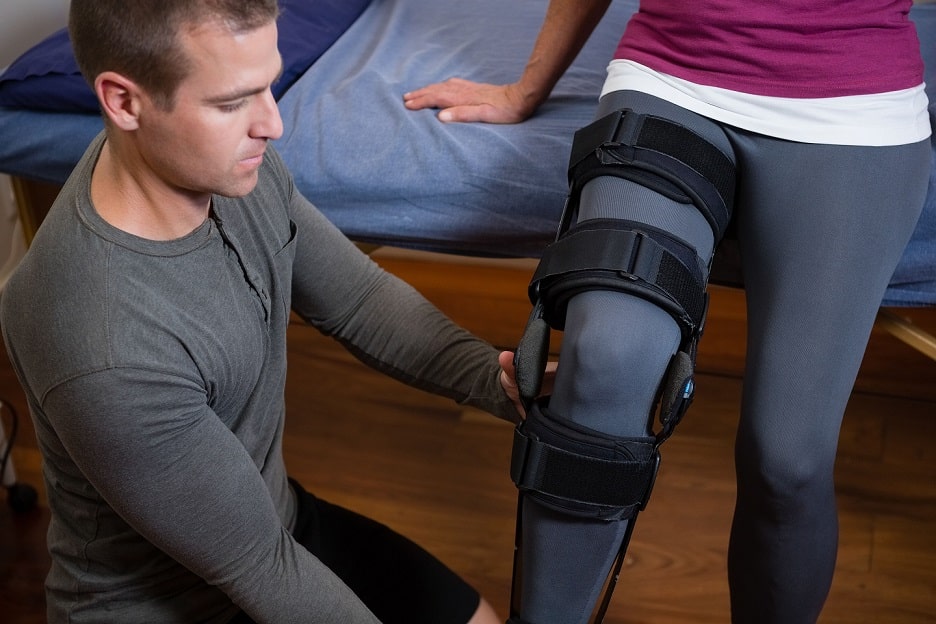Whiplash can be a funny old injury – and I don’t mean “ha ha” funny, I mean strange and unpredictable funny, with many sufferers going through all sorts of weird and wonderful side effects and symptoms.
Whiplash really does affect different people in different ways. Yes – if you are involved in a high speed collision with a high velocity impact, it’s likely you will suffer more than if you were involved in a low speed, low velocity impact. But that being said, two different people in the same accident can end up with entirely different levels of whiplash severity and symptoms.
Common whiplash symptoms
- Pain in the neck, shoulders, and back area – this can even radiate down in to your arms and legs. The pain itself can come in many forms: burning sensation, general pain, stiffness and tightness in the muscles, etc.
- Swelling and inflammation in the affected areas.
- Pins and needles in the arms and legs.
- Headaches, dizziness, sickness, and even vertigo in some cases.
Whiplash is actually a more complicated injury than most people think; I know this because I have been advising whiplash victims for years, and I myself have been suffering since May after a bus accident I was involved in through no fault of my own.
The symptoms will often get worse before they get better, and will likely make themselves known some 12 – 24 hours after an accident. You are likely to wake up one morning feeling like you’ve slept funny – but don’t be fooled! If you’ve had an accident, your pain is probably whiplash.
Whiplash recovery times
As with the symptoms, it’s difficult to predict the future of your whiplash injury. The best thing you can do is seek medical advice – pain killers can help with coping with the injury, but physiotherapy or some other form of rehabilitative treatment is normally the best way to assist with your recovery.
Symptoms can come and go, and can be exacerbated by a number of things:
- Sleeping – your sleep may be disturbed by the pain coming back when you’re trying to rest.
- Driving – I found that driving caused considerable discomfort in my back for a while.
- Bending down – the symptoms may feel fine until you bend down as your washing the pots, when the pain suddenly returns.
- Sitting still – perhaps at your desk at work.
- Manual Handling – can cause the symptoms to increase in severity during carrying and lifting heavy items.
- Camping (as a real life example from me!) – I have just returned from a camping trip. Believe me when I say that sleeping on a hard floor for 5 days did not do my whiplash any good!
With a proper good personal injury lawyer, you should be provided with medical treatment from the outset of the case on a private basis, at no costs to you. The costs of treatment are either recoverable from the other side, or recovered under insurance, depending on whether your claim wins or loses.
Whiplash claim valuations
The only way to value your whiplash injury is a with an independent medical report from a fully qualified expert, and a personal injury lawyer working on a No Win, No Fee basis. This combination should guarantee you a maximum payout in the quickest possible time.
To give you an idea as to how much your claim could be worth – in line with the official JSB Guidelines used to value claims:
- Minor whiplash claims – £1,000 – £5,000
- Moderate whiplash claims – £5,000 – £15,000
- Severe whiplash claims – £15,000 +
Statistically, most minor whiplash claims usually settle for around £2,500.
Just make sure you avoid getting a lawyer through your insurers or through a claims company! Your claim will likely be sold for a referral fee, meaning a reduction from your compensation, or a poor level of service for you!












